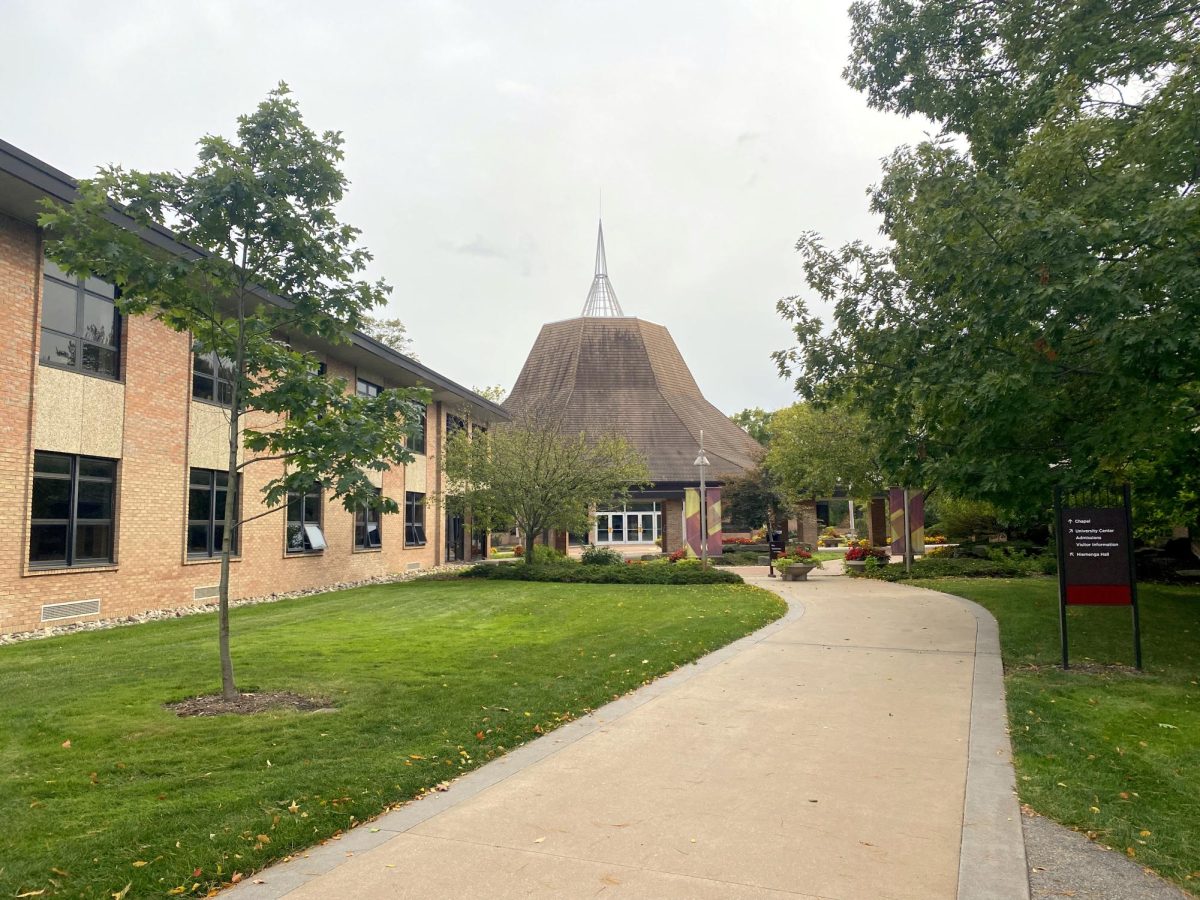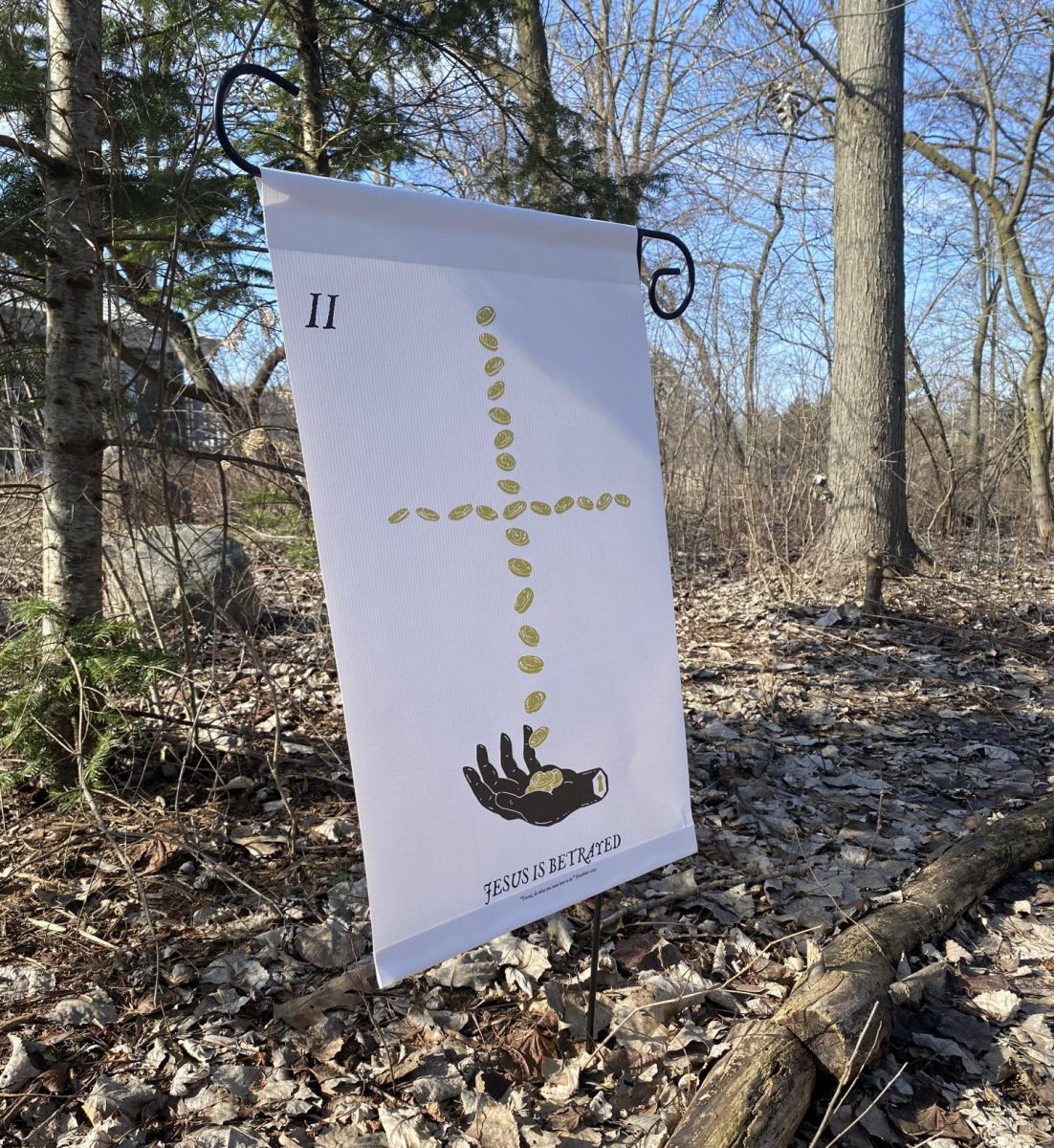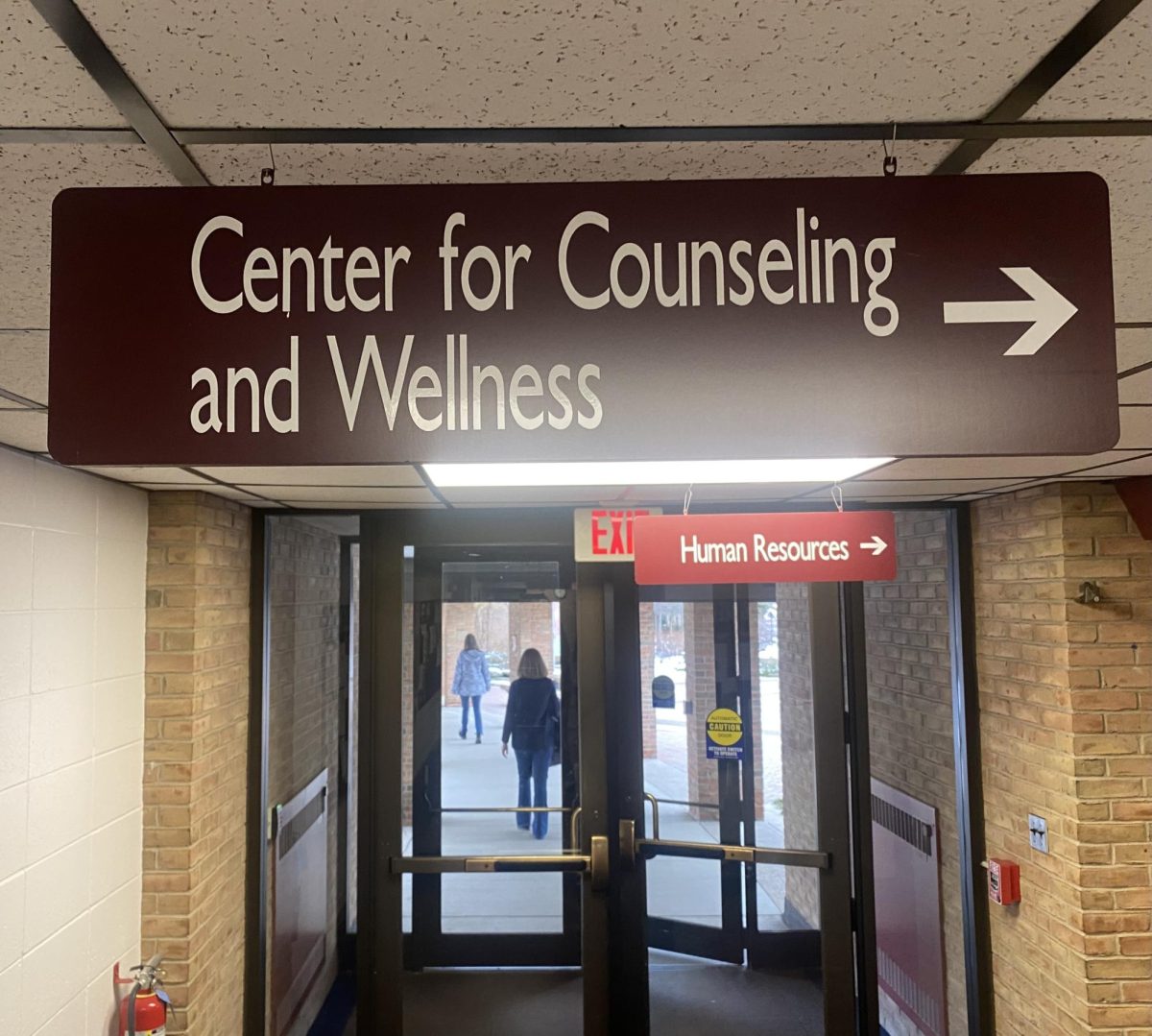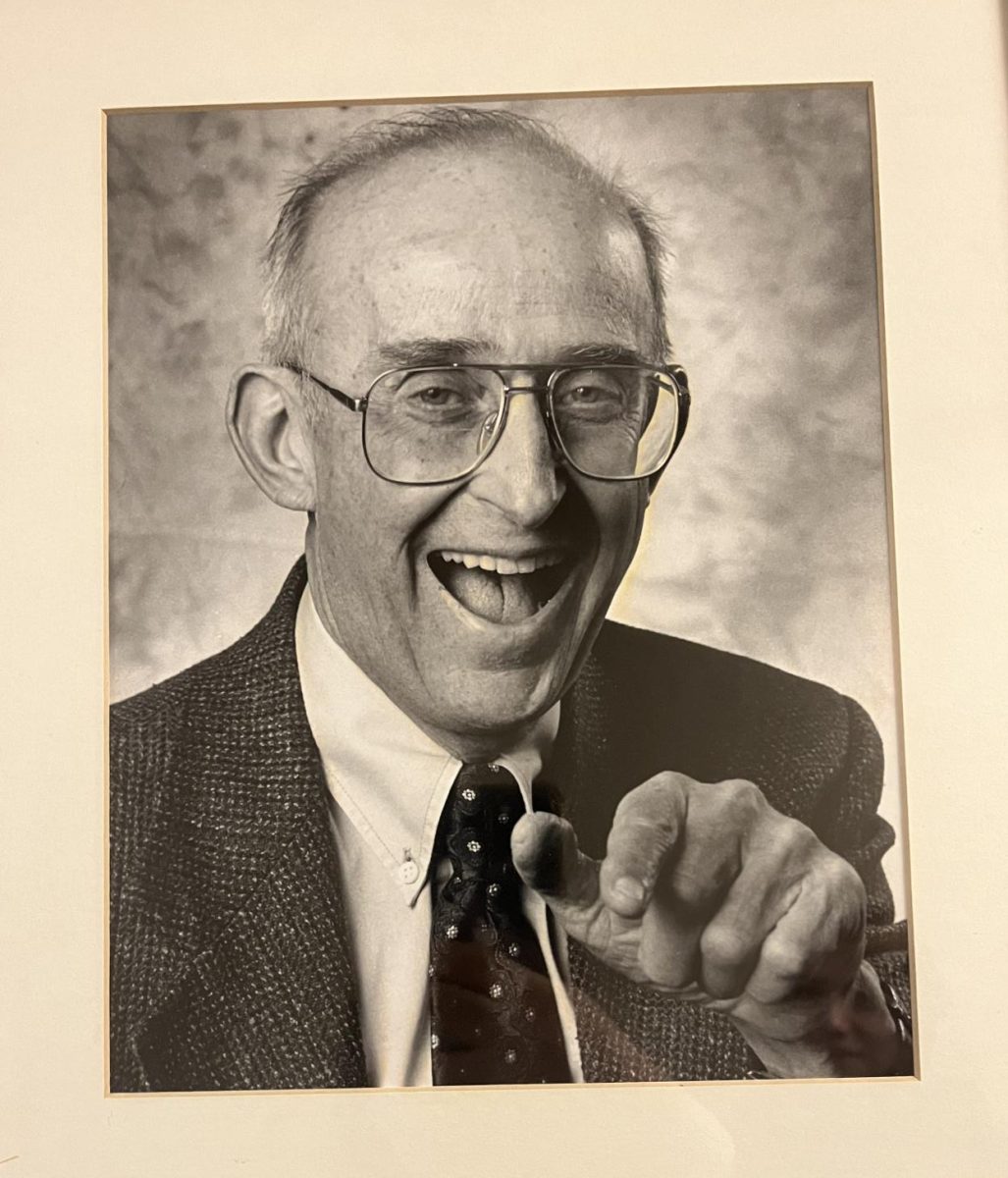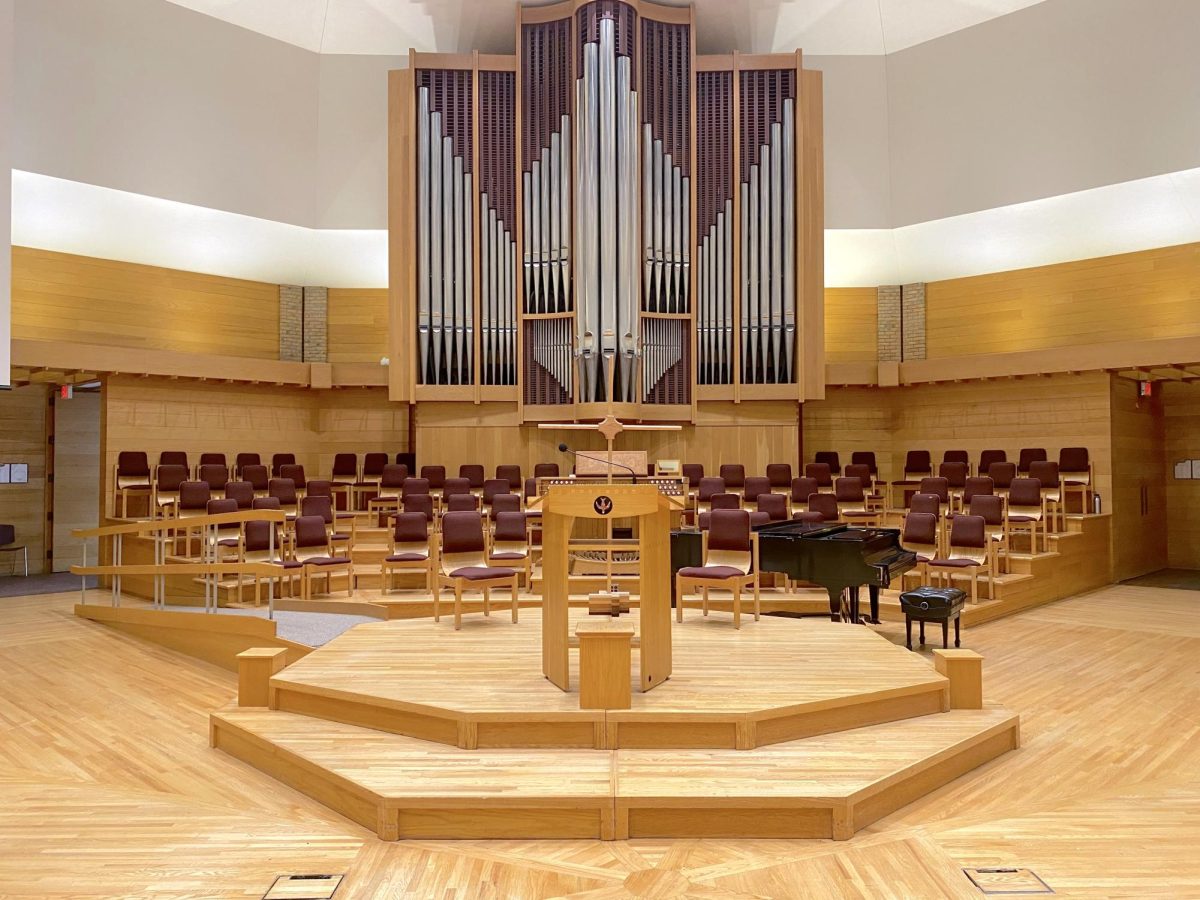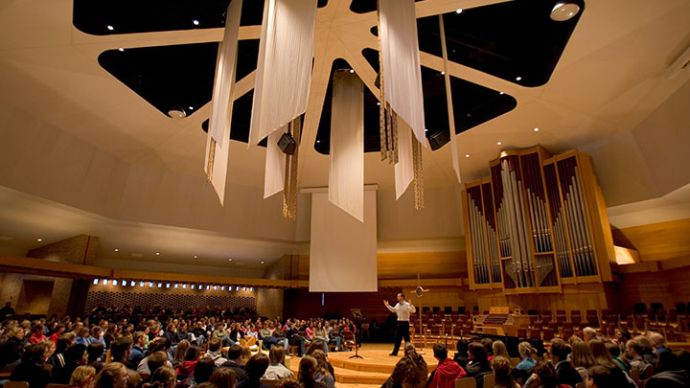Grand Rapids may be overflowing with churches, but have you ever seen a local congregation break into a sweat from dancing so passionately? How many local churches invite different denominations — or even different religions — to join in their worship? How often do you see your friends joyfully dancing down the aisles to present tithes at the altar?
For sophomore Anthony Greco, these things happen weekly, most of the time all wrapped up in one three-hour (minimum) service.
Along with 17 other Calvin students currently on the Ghana semester abroad, Greco is encountering Christian faith in a country that does not distinguish religion from other aspects of life.
“[Religion] permeates all aspects of their being,” explained Stephanie Sandberg, director of the semester in Ghana program. “The (Christian) students at the University of Ghana gather on the playing fields to pray every early morning and every evening. The Islamic students practice their prayers diligently five times per day.”
Sandberg said Christianity is the main religion in southern Ghana, where the Calvin students are spending their semester. Here the prosperity gospel and Pentecostalism thrive, along with other denominations common in the U.S., including widespread Catholicism.
However, many denominations in Ghana match those in Grand Rapids in name only. In Ghana, charismatic practices and beliefs about spiritual warfare create significant differences between Ghanaian and American churches.
“For one, they actually take the Holy Spirit seriously,” said Greco. “Miracles. Prophecy. Speaking in tongues. Physical manifestations. Deliverance. Healing. The Spirit is truly at work in most churches in Ghana.”
Sandberg noted that the Christian churches in Ghana hold some marked theological differences from reformed churches in Grand Rapids.
“The Ghanaians believe that Christ truly is an intercessor for us, between good and evil … Christ is a warrior of good for us, our savior truly in this regard,” Sandberg explained. “Sin is not sin in the reformed perspective. Instead it is evil that is working upon us, trying to cause us harm and Christ will rescue you if you call out to be rescued and to have those evil spirits lifted from you.”
African worship also invites far more movement than worship in American culture. Greco describes this in his blog about worship in Liberia, similar to Ghanaian worship.
“Dancing. Shouting. Singing. Sweating. Jumping. Kneeling. Giving,” were a few words Greco used to describe Ghanaian worship.
“Dance and drumming are huge parts of African life and upbringing, so this is in every part of their religious practice,” Sandberg said. “It’s not just singing — it’s dancing and waving your hands and moving your body to the music in praise of God. There is a high level of ecstasy in it.”
Ghana’s three main faiths are Christianity, Islam and traditional religion, but intermingling between religions is common because of their importance on cultural values.
“Christianity and Islam are at peace with one another here — there is no fighting,” Sandberg said. “You might be Pentecostal and still participate in some traditional religion for healing or for knowledge about the future or in making a decision.”
In comparing his experience to some American churches, Greco said American churches are thorough in knowledge of theology, but he feels that this is the extent of their worship.
“What is this knowledge without a response? Learning of God should inspire us to praise Him,” Greco said in his blog post. “After a year of struggling to find true praise in Grand Rapids, a city filled with churches, here it was in one of the most materially poor nations of the world. They are praising God so ardently despite such massive material needs.”
Furthermore, Greco thinks an over-emphasis on knowledge steals attention away from the Holy Spirit, an entity that is emphasized in Ghanaian Christianity.
“At Calvin, I feel that the academic mindset has permeated so deeply that any supernatural encounter is viewed with complete skepticism,” Greco explained. “I lament that and wish for more acceptance for the power of the Spirit at Calvin and within the CRC.”
Calvin’s students in Ghana will no doubt have a different view of worship upon their return to America. Both Greco and Sandberg think the church of America can learn from the worship style of Ghanaians.
“I would love to see Americans churches as a whole learn from the Ghanaians’ style of worship,” Greco said. “They praise God so passionately in their churches. I find American praise music to be very focused on the congregation or the band, while often missing the entire point of the song. It often feels very dead. Ghanaians have the ability to let go of everything and give their physical and spiritual all in worship.”
Sandberg also reflected on the worship style of many American churches.
“Our churches are pretty ‘dead’ in terms of movement. I always hope that I can get Americans to move more in church — to recognize that the body is a huge part of worshipping God,” Sandberg said.





